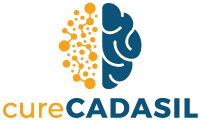
In 2022, cureCADASIL and a team of world-renowned researchers were awarded a $1M grant for their collaboration to drive progress for the CADASIL Community as part of the Chan Zuckerberg Initiative’s Patient-Partnered Collaborations for Rare Neurodegenerative Disease (CZI PPC) – a program that supports work by patient communities and scientists to accelerate research in the fight against rare diseases. We’re happy to share that this partnership has successfully received an additional $1M in funding, to be split between research and patient engagement efforts, starting in 2025.
The CZI PPC award supports research centered on science that will close critical knowledge gaps and build a strong foundation for translational efforts, as well as engagement and communications activities to involve and inform the patient community.
CZI PPC-funded Patient Engagement Efforts
Through this partnership, cureCADASIL will receive an additional $200K in funds to support our continued efforts to strengthen patient engagement, drive enhanced educational and communications activities, and support the research team in their mission to make breakthroughs that benefit the CADASIL community.
In 2023, we established a Community Advisory Group (CAG) to help guide our community engagement initiatives and provide us with feedback and insight on both research and patient advocacy. Last year, with integral input from the CAG, we launched a revamped website and logo, and updated our social media channels. CAG members participated in a Q&A panel moderated by Dr. Fanny Elahi at our Patient-Investigator Meeting on June 29 and presented the insightful results from the patient survey they co-created with Dr. Elahi and her team. The results provided the research team with helpful knowledge about the CADASIL community and will continue to guide their research going forward. Dr. Elahi and her lab are continuing to analyze the survey responses and are greatly appreciative of everyone who took the time to complete it. The CAG’s input has been absolutely invaluable in ensuring that our community-geared efforts are reflective of what patients and their loved ones and caregivers want to see.
This year, we are developing a printable handout for patients to download and keep on hand. This handout will include useful information for patients, caregivers, and care providers. We are making quick progress and hope to have the handout available on our site by summer 2025. Check back here for more updates soon!
Below is the progress made toward our funded milestones:
A major milestone of the CZI PPC grant is the establishment of a Community Advisory Group (CAG) — a dedicated group of individuals who have knowledge or experience in CADASIL and areas of neurodegenerative disease and stroke who will provide invaluable insights into patient and caregiver perspectives, needs, and aspirations. The CAG has played a vital role in guiding our team toward discovery and providing feedback to cureCADASIL on its patient engagement activities and associated materials. We extend our heartfelt gratitude to all our 2025 CAG members for their participation and thoughtful contributions.
Community Advisory Group
In 2024, CAG member Ki Coale and research team lead Dr. Fanny Elahi led an insightful discussion about the crucial role of patient participation in research with more than 200 researchers and patient advocates in attendance at the CZI Neuroscience 2024 Meeting. Their discussion was well-received by the research and patient communities alike and emphasized the importance of patient input and involvement in the research process and how cureCADASIL’s CAG has been instrumental in guiding Dr. Elahi’s work. Thank you to all our CAG members for all your hard work!

In addition to our collaborative efforts with patients, we have been working with other researchers and institutions to build a brain donation network. Because brain donations are a key resource for research like the work Dr. Elahi and her team are completing, we have been working diligently to facilitate the donation of brains to research teams across the country.

Debarag Banerjee, PhD
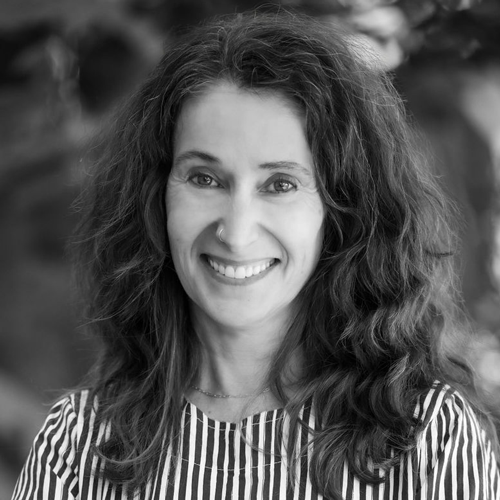
Ki Coale
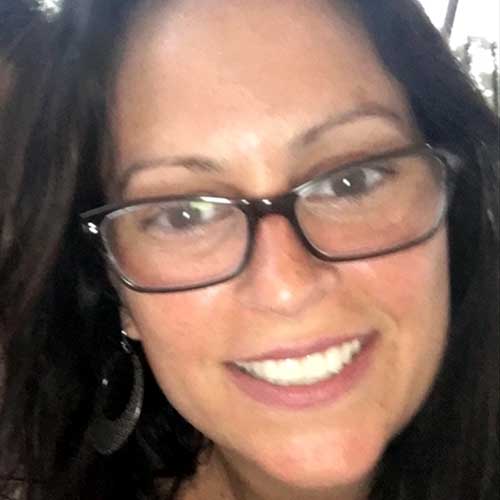
Andria Burroso

Courtney Deplaris
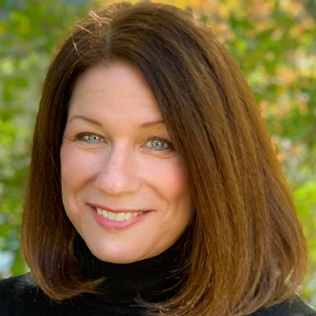
June Wallach
CZI PPC-funded Research Efforts
The coordinating research PI, Fanny Elahi, MD, PhD, Associate Professor of Neurology, Neuroscience, and Pathology and Molecular and Cell-Based Medicine at the Icahn School of Medicine at Mount Sinai and her team, received $800K in 2022 to conduct research for 2 years and has received an additional $800K to continue their research through 2026. Dr. Elahi is leading a multi-disciplinary team to build cellular models of CADASIL to reverse engineer the disease in order to discover new therapeutic targets.
Now in Year 3 (2025) of the grant, Dr. Elahi and her team are pleased to report significant progress: they have initiated in vitro drug screening to identify compounds with the greatest potential to treat CADASIL. The foundational work completed during Years 1 and 2 has enabled this next critical phase. In parallel, they are actively seeking the right partner(s) to initiate high-throughput screening—a powerful approach that will allow them to test large numbers of drugs efficiently and rapidly.
Beyond drug discovery, the team is also investigating immune system dysfunction in the brain that may contribute to CADASIL. This effort has been made possible by generous brain donations from patients and families, for which the Elahi Lab is deeply grateful. These invaluable gifts have allowed researchers to begin identifying immune signatures that could offer new insights into the disease.
In 2024, the team welcomed a new member to help accelerate progress on their 3D in vitro flow models and analysis of immune system involvement. They also embarked on an exciting new direction: the development of miBrain (multicellular integrated brain) models, in collaboration with the Blanchard Lab at Mount Sinai. Their first miBrain model was completed in the fall of 2024, marking a major milestone. They are now working on continued improvements to the model.
As they enter 2025, the team continues to refine these models and build on Year 2’s momentum. Their 3D flow models are approximately 65% complete, and they are well on their way (75% complete) in the analyses of the relationship between the immune system and blood vessels in CADASIL samples. This is a complex problem. The team expects that it will take at least two more years to reach reportable discoveries.
On the clinical research front, Dr. Elahi and Dr. Karen Orjuela have partnered with teams in South America (Brazil, Argentina, and Colombia), to expand the breadth and depth of studies on CADASIL. Additionally, Dr. Elahi is leading an international workgroup focused on ranking existing drugs and investigating which of these have the most promise for clinical trials in CADASIL.
Dr. Elahi looks forward to connecting with patients and community members at this year’s Patient-Investigator Meeting, where she will have even more exciting updates to share!
The research team’s first paper from this project is available publicly as a pre-reprint and is currently under peer review. Basic research is moving forward and Dr. Elahi and her team are so grateful to everyone who has participated and donated to this work. You can read the full paper on bioRxiv here.
In other exciting work, Drs. Michael Wang and Fanny Elahi are continuing their collaboration on CADASIL research, with funding from the Department of Veterans Affairs. Their work will determine core proteins and biochemical pathways that drive the CADASIL disease process. The four-year project promises to unravel how hundreds of different mutations in NOTCH3 result in a single disease. This work builds upon Dr. Elahi’s on-going CZI study and fundamental biochemical work from the Wang Lab.
Thank you for continuing to help us push the frontiers of knowledge in CADASIL. This collaborative effort would not be possible without your involvement, so thank you to everyone who plays a role in CADASIL research. Together, we are building the path toward clinical trials and treatments. We are looking forward to continuing this work and achieving our Year 3 (2025) goals!
Most important to this research and to progress toward treatments are the collaborations between everyone who is touched by CADASIL. New valuable collaborations have been formed through patient connections. CADASIL researchers, industry partners, advocates, and patients have been coming together to solve the questions we all have about CADASIL.
Get Involved
In the CZI PPC’s unique funding program, CADASIL patients can participate in research at the bench rather than only in the clinic, making us partners in this truly translational work. Dr. Elahi and cureCADASIL need your help to complete their Year 3-4+ milestones. What we need: blood samples and other standard assessments (brief medical exam, brain imaging, and memory tests) from individuals living with CADASIL and from healthy volunteers (family members, friends). We deeply appreciate your consideration and thank everyone who has already volunteered!
MEET THE TEAMS
cureCADASIL Team
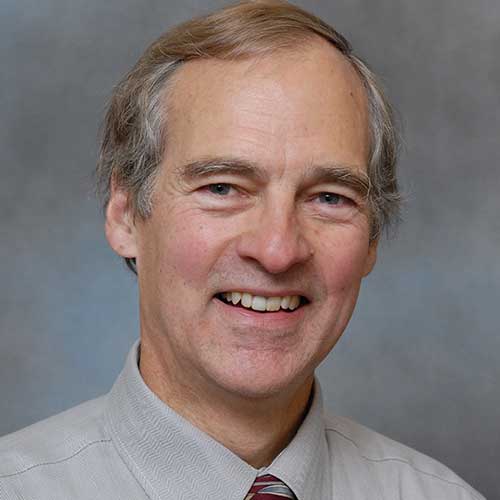
Bertram Kasiske
cureCADASIL President
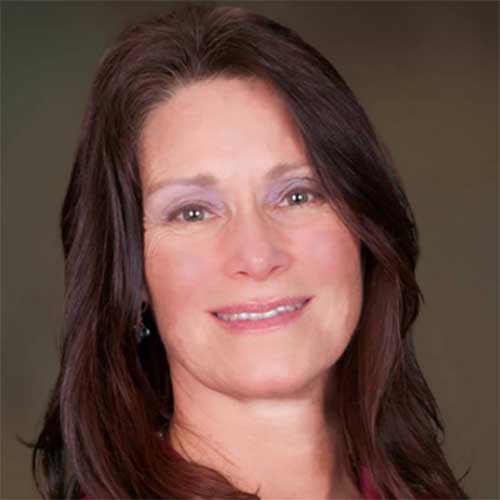
Jane Gunther
(Patient Organization PI)
cureCADASIL Research Director
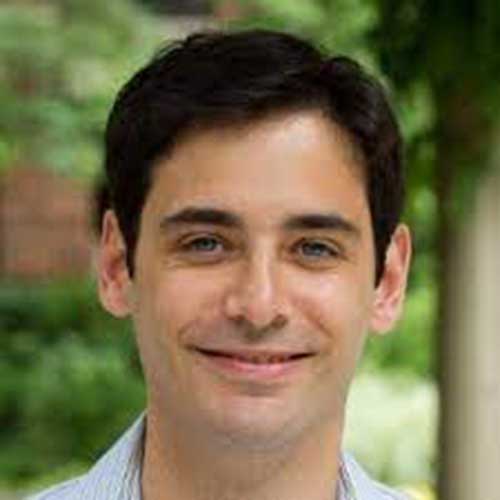
Pedro De Lencastre
cureCADASIL Secretary
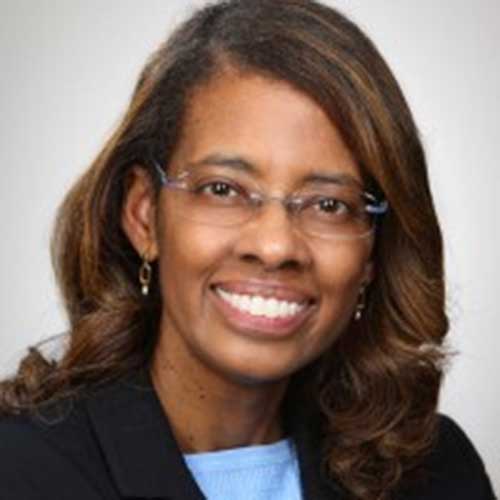
Debra Robinson
cureCADASIL Treasurer
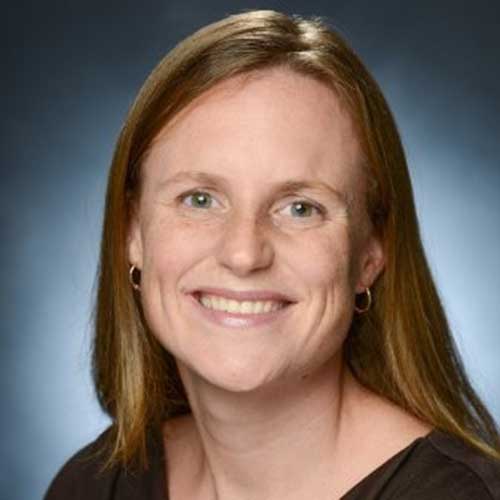
Sandra Talbird
cureCADASIL Trustee
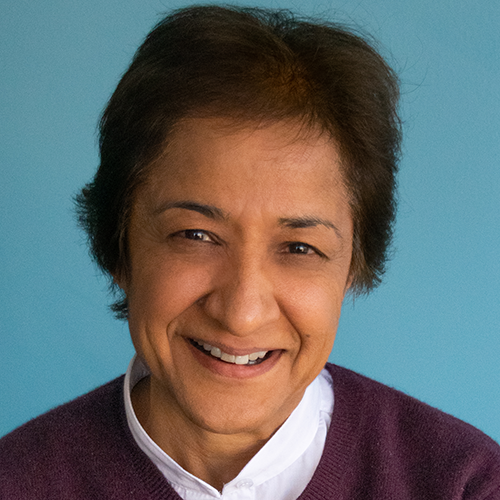
Vinita Bahl
cureCADASIL Trustee

Stellate Communications
Patient Engagement Partner
Research Team

Fanny Elahi, MD, PhD
(Contact PI) ISMMS

Joel Blanchard, PhD
(co-PI) ISMMS
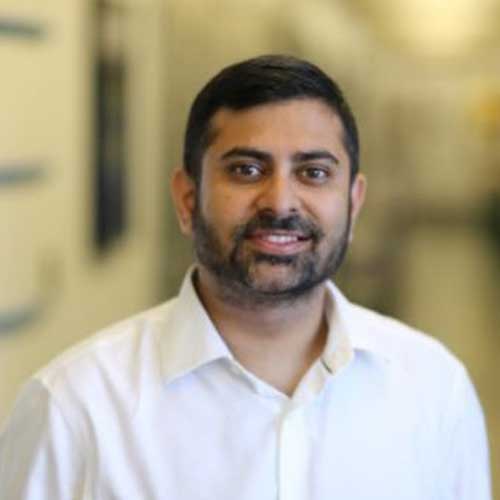
Towfique Raj, PhD
(co-PI) ISMMS
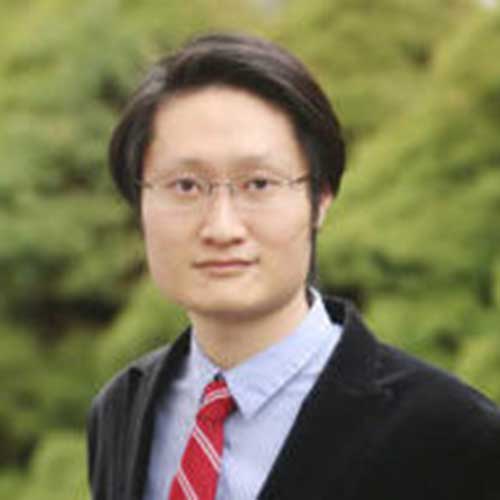
Shrike Zhang, PhDÂ
(co-PI) BWH-HMS
